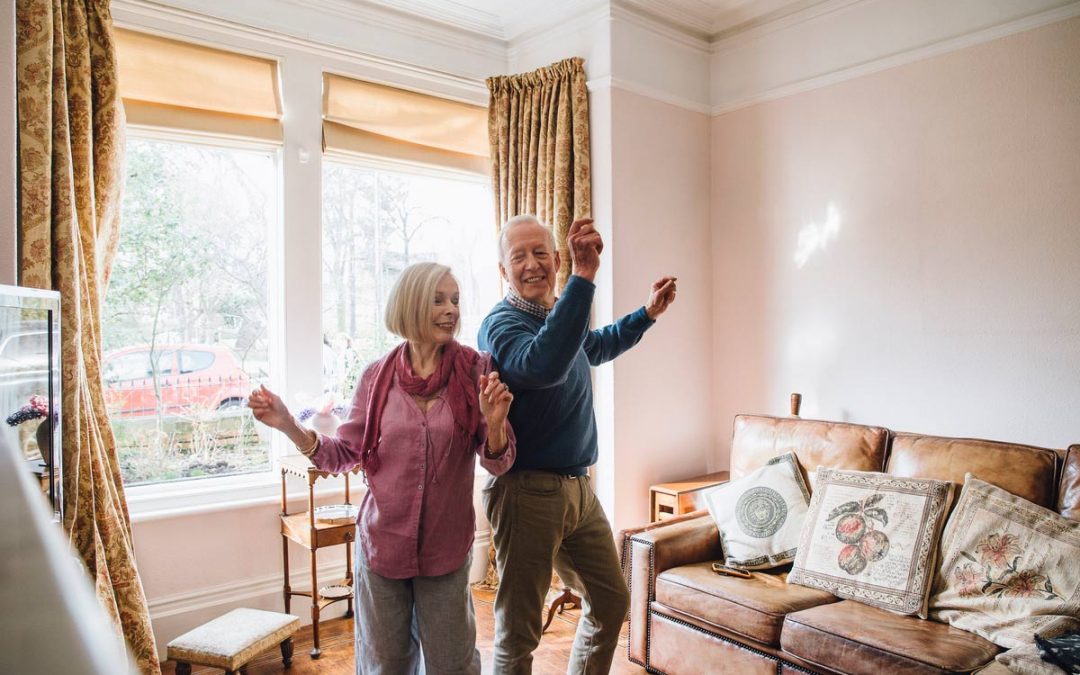A typical consequence of old age is the decline in the ability to live independently in your own accommodation. While this is a natural occurrence, it can still be difficult to navigate. Residential care homes are one option for those who need an increased level of support, but there are also less invasive assisted living facilities to consider as well. Listed below are the main positives that these facilities have to offer and what makes them an ideal option for seniors.
What are Assisted Living Facilities?
Assisted living facilities are places where seniors can find additional support and ease the stresses of daily life. Cleaning, mealtimes, and even security are all taken care of depending on the required level of support. Unlike care homes, there is no overarching depletion of independence; instead, the needs are assessed on a rolling basis with care plans being adapted as and when is necessary. Institutes that provide Brentwood assisted living encompass a range of services from meal delivery to healthcare intervention and are a viable route to explore when natural struggles start to appear.
The Social Component
The first, and most obvious benefit is the social aspect. There is often an empowering sense of community in assisted facilities owing to the range of accommodations and number of seniors all living close by. Surrounded by likeminded individuals and couples who have similar needs or experiences is an endearing prospect that attracts many elderly people to their door. Plus, staying actively social becomes harder the older we get, but no less important than during youth. Maintaining friendships and engaging in external activities can have undeniable positive effects on mental health and even contribute toward general healing.
Better Security Measures
The senior population is more vulnerable in the context of becoming victims of crime. This means that while living alone, they are more at risk of a home invasion or robbery and assault while out and about. There are lots of reasons behind this from increased isolation to decreased physical capacity; however, assisted living facilities pave the way for combatting this issue head on. These communities are usually gated and well-staffed in terms of security officers to guard and address any threats and risks.
Bespoke Care Agendas
Care needs can change at any time. Any accidental injury might completely change the parameters of coping, as well as developing conditions and degenerative disease factors too. So, while independence may be at a high level in the beginning, as time moves forward this is subject to circumstantial variants. This affects the capacity to look after oneself in all senses of the word. When this change occurs, it is important to have the right help in place. Living facilities are the best place to address the sliding scale of care requirements and are often filled with highly trained experts that are equipped to tend to a range of conditions.
Assisted living delivers what it claims on paper. The organic change from independence to dependence can occur at any time and may be gradual or sudden. By moving to an environment that will cater to these changes, there is an increased ability to retain dignity, control, and well-being.

